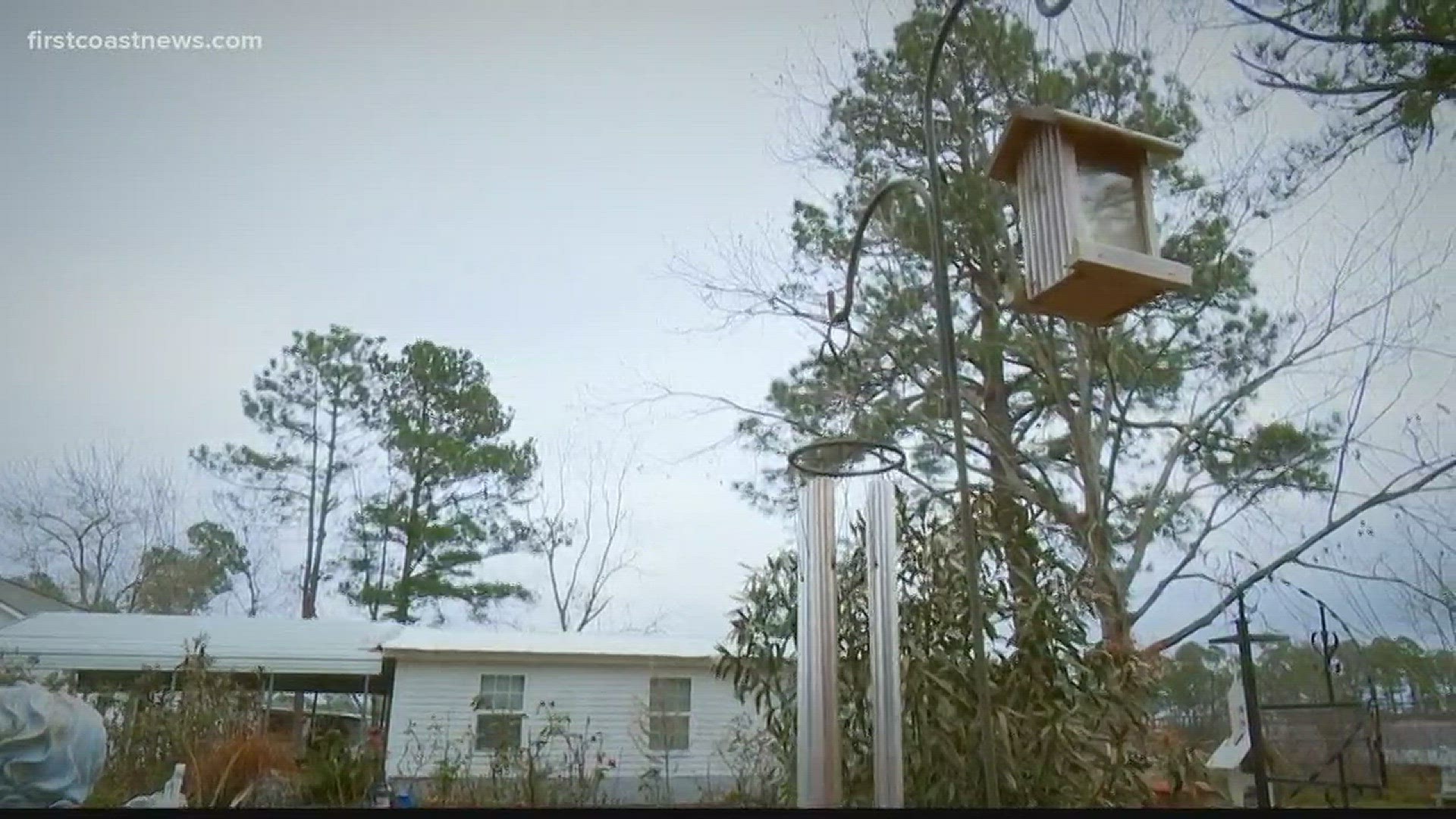WAYCROSS, Ga. -- In Southeast Georgia, the Winter air brings another chilly season; another year of Kristy Woodall looking for justice.
"I'm not giving up on us, he is my life," said Woodall, "I know Buddy didn't do it."
It was September 4th, 2000, Labor Day.
Lavelle Lynn a tow truck operator and his mechanic Robert Van Allen were murdered. Prosecutors described it as an ambush style attack.
The motive robbery, Lynn had $490 in cash.
Netflix's hour-long documentary, The Confession Tapes, examines the Georgia killings and the conviction of Buddy Woodall.
It revealed there were more than 35 suspects. But it was a chain of circumstantial evidence and a videotape confession that landed Buddy Woodall in prison.
The documentary has cast a light on the veracity of Buddy Woodall's videotaped confession.
"I was upset for him because I know what kind of person Buddy was, I knew he was tired," said Woodall, "My heart just broke for him. It really did."
Buddy Woodall volunteered to be interrogated by police. The process went throughout the night into the wee hours of the morning.
"He did not know he was being interrogated," she said,"It was just to answer some questions."
In 2005, Woodall was convicted and sentenced to three life sentences in Georgia's Telfair State Prison
Woodall waived his rights. He apparently believed he would answer a few questions and go home. He never returned home.
"Buddy kept asking to leave and he was told no," said his wife.
Woodall and his brother-in-law had become suspects in his uncle's murder, but only Woodall was convicted.
About ten hours into the interrogation, Woodall placed himself at the scene of the crime, the documentary points out not as the actual killer, but at the scene of the crime.
"The confession is fake," said Kristy Woodall,"it is coerced."
Criminal Defense attorney Anne Finnell is not associated with the Woodall case.
But as a defense attorney, she is familiar with confessions and the technique used by law enforcement.
Finnell said law enforcement is trained in the Reid Technique; an interrogation method that can elicit false confessions.
"It is designed to get people to make admissions to things that are not necessarily true," she said.
And she said it happens often.
"Most people say I will never confess," she said, "I would never confess to something I didn't do
but the bottom line is people do confess."
She said based on her experience many who give police a false confession just want the interrogation to end.
"Some people just want to go home and they think I will give the police what they want to hear and let my lawyer sort it out and I can't tell you the number times I've gone to the jail and person said that to me," said Finnell.
In 2014, Buddy Woodall appealed to the Georgia Supreme Court. He made ten arguments. He wrote his confession was involuntarily made; it was induced. It should have been excluded.
But the court Georgia Supreme Court denied his appeal.
"I tell our boys all the time, it doesn't matter what, it doesn't matter what you get questioned for, you don't say nothing you always ask for an attorney," said Kristy Woodall, "I have no faith in the judicial system from this, honestly I do not."
This January Kristy Woodall celebrated their 21st wedding anniversary alone. Her hope is that the Netflix documentary will get them legal help before another Winter comes and goes.
"I'm hoping it will bring my husband home," she said.
Woodall said her husband filed his final appeal in January, pro se, by himself.
She said if it fails they plan to contact the Innocence Project for help.

